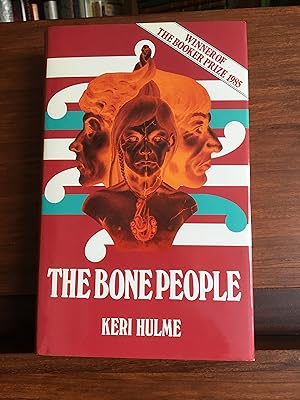
With that background in my head, I approached The Bone People with trepidation. The Bone People went on to become of the most controversial winners of the Booker Prize, deeply dividing critical opinion between those who felt Hulme had broken new literary ground and those who considered its quasi spiritual aspects pretentious and its prose barely comprehensible. It saw the light of day only because of a small publishing firm in New Zealand whose owners came from the same Maori tribe as Hulme. Even those who were interested would publish it only on condition she made severe edits (she refused).

The result is an extraordinary novel that was 12 years in the making and rejected by most publishers who thought it unwieldy and too different. She mixes poetry and song with prose, mingles English with the Polynesian language of the indigenous Maori population of New Zealand and even creates new words where she believes a standard lexicon simply doesn’t adequately capture the meaning she wants to convey. Rejecting the exhortation frequently heard in creative writing courses that novice writers should focus on just one narrative point of view, Hulme switches perspectives between her three principal characters. Keri Hulme’s 1985 Booker Prize winning book The Bone People is one of those novels for which the word unorthodox would be a woefully inadequate description.


 0 kommentar(er)
0 kommentar(er)
